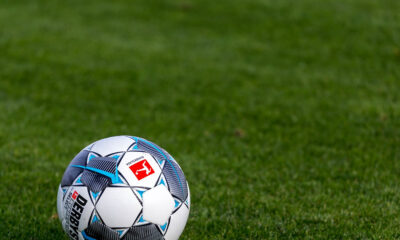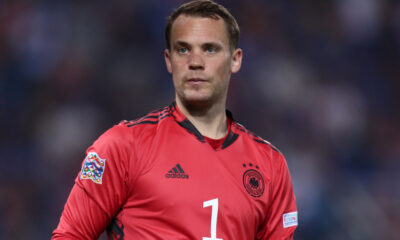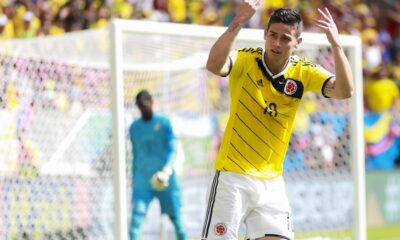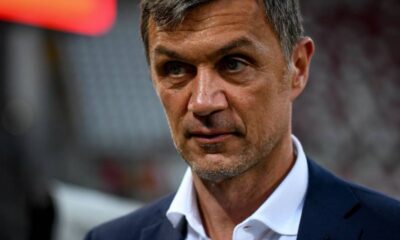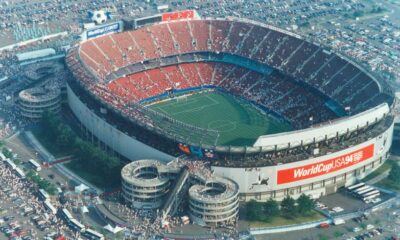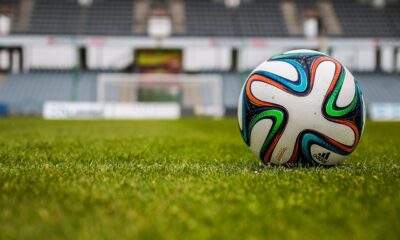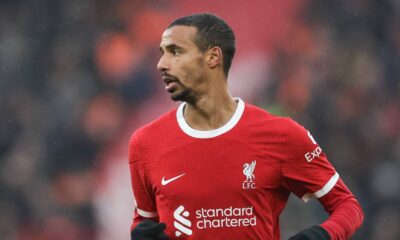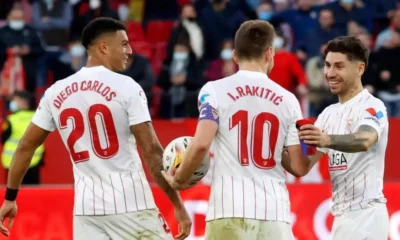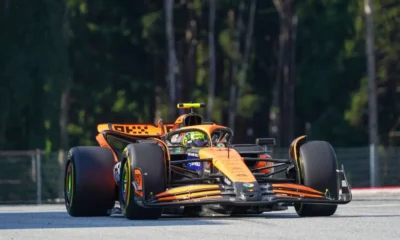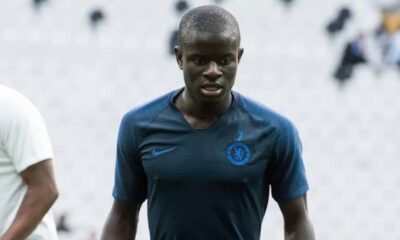Football
Andrés Escobar was murdered for his own goal or The sad story of a Colombian footballer
Colombia qualified for the 1994 World Cup in the USA, finishing undefeated in the qualifying stage. In the group stage, they left behind a team whose star players were Carlos Valderrama and Adolfo Valencia, Argentina with Paraguay and Peru. It was a very well put together national team.
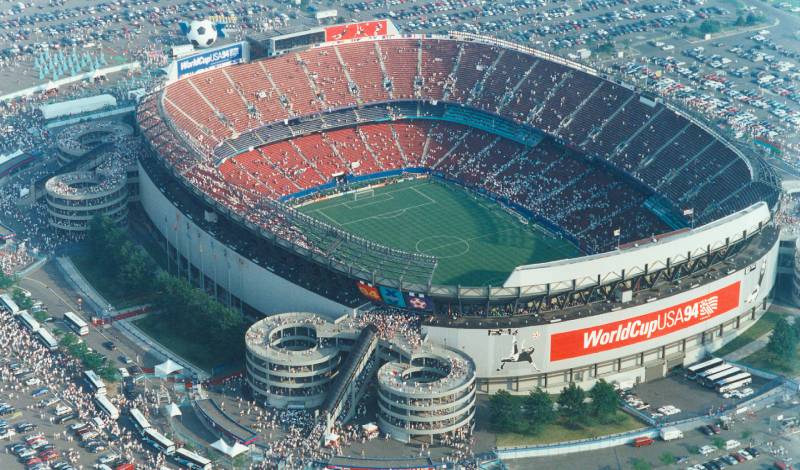
Colombia qualified for the 1994 World Cup in the USA, finishing undefeated in the qualifying stage. In the group stage, they left behind a team whose star players were Carlos Valderrama and Adolfo Valencia, Argentina with Paraguay and Peru. It was a very well put together national team. Pelé himself had predicted that the Colombians would go all the way to the semi-finals. Also important for the ambitious team was the performance of one of the best South American defenders of the time. This was Andrés Escobar, for whom the tournament was to prove fatal.
Escobar was playing for Atlético Nacional, a club from Medellín, Colombia. A city infamous for Andrés’ namesake Pablo and his Medellín Cartel.
Atlético Nacional was the club where Andrés spent his entire career outside of a year with the Swiss Young Boys. He performed so well in the Colombian league that he earned a nomination to the loaded Colombian squad for the 1994 World Cup held in the United States.
Colombian football at that time was experiencing a tremendous growth in performance. In the 1970s, narco-barons used Colombian teams to launder money. In the 1980s, as cocaine exports increased, so did the value of the teams and the quality of the league. Conditions in Colombian football improved, the standard of players and coaches rose.
Even so, the clubs remained a means of laundering the money of the narco-barons, who brought their lifestyle to the league level. One referee was killed at the time and another was threatened with death if he did not whistle according to the notes of the Medellín cartel, which owned the aforementioned Atlético Nacional. Football at that time was literally a reflection of Colombian society.
In the group stage, the South American team faced the Swiss, the Romanians and the Americans. Colombia were among the favourites of the group and nobody really expected them to have any trouble in the group. However, they already lost their first match to Romania 1: 3. By that time, Colombia was in chaos. A year after the death of Pablo Escobar, there was a power struggle between the cartels and violence was the order of the day.
The atmosphere in the Colombian cabinet before the important match against the USA was terrible. Coach Francisco Maturana was under pressure to select his starting line-up, having received several death threats. The Colombians were literally playing for their lives.
In the 35th minute, American John Harkes centred into the penalty area, where Escobar was unlucky enough to knock the ball into his own net. You could immediately tell from his face that he was in a bad way. The Americans added one more goal in the second half and in the 90th minute Valencia could only reduce the score to 1:2. In the last match, Colombia beat Switzerland, but Romania won against the USA. This was a surprising end for the South American team.
After the tournament, Escobar returned to Medellín. Five days after his return, he and his friends went out for a night on the town. In a parking lot, he got into a verbal altercation with three men. After he got into his car, several shots were fired at him with a firearm. Each shot was allegedly accompanied by the shooter’s taunting shout of “goal”.
The national team defender succumbed to his injuries in hospital on 2 July 1994 at the age of 27. Drug cartel bodyguard Humberto Castro Muñoz confessed to the murder. But many believe the confession was based on a $3 million bribe.
Escobar was a silent leader who won both the Colombian league and the Copa Libertadores, the equivalent of the South American Champions League, with Atlético Nacional. Before the tournament, there was speculation that he could move to the renowned AC Milan.
He hated the Colombian drug trade and President Cesar Gavrilla said of him at his funeral, where over 100,000 people said goodbye, that he was a role model for all Colombians.
Source: Tifo Football, Sportbible

-
Bundesliga7 days ago
Leverkusen on the hunt again! The German champion is luring the former Liverpool star to his side. Stoper Matip is now without a contract
-
Football6 days ago
A title run? Rakitic will play in his homeland for the first time, he will meet another Croatian player in Hajduk Split
-
Motorsport7 days ago
Red flags and two bad accidents. McLaren dominated F1 qualifying in Hungary, Verstappen again on the second row
-
Football6 days ago
Will Soucek have a star competitor? West Ham are very interested in Kanté
